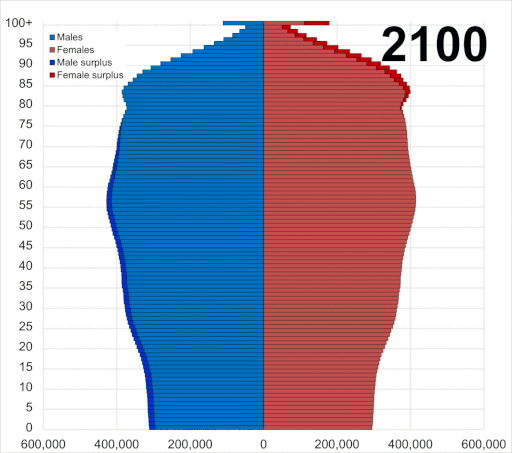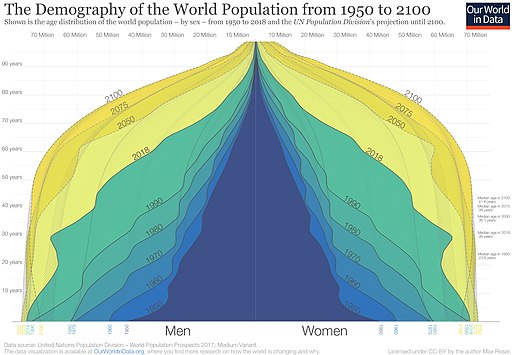- Courses
- Ministry Formation
- Stay, Meet & Eat
- Events Diary
- Join the mailing list
- Courses
- Ministry Formation
- Stay, Meet & Eat
- Events Diary
- Join the mailing list

Ageing and Social Policy
Home Ageing and Social Policy

The Policy Challenges of Population Ageing
By Kenneth Howse
In this paper Kenneth Howse draws on a wide range of academic research to show that this is a contested area. There is a division between those who believe that the costs of supporting increasing numbers of older people threaten to become impossibly burdensome and those who believe that this threat has been massively exaggerated.
Those who take the first view see the problem as primarily an economic one to be tackled by cost containment measures: pension reform, raising of the retirement age, tight control over health and social care expenditure. Those who take the second view tend to have a wider agenda: there is a ‘big enough pot’ but it needs to be shared more equitably. They advocate greater redistribution of wealth to correct persistent inequalities, the improvement of health and social care services which, by keeping more people healthier for longer, will actually reduce the overall burden, and the promotion of the participation of older people in society, seeing them as a resource rather than a problem.
Although the financial implications of demographic change cannot be ignored (and much of this paper offers detailed financial analysis) these cannot be seen ultimately as economic issues.
The key questions are questions of justice. What can older people rightly expect from society? How far should their care fall upon members of their families? In broader terms, where should the balance lie between the generations in terms of paying taxes and receiving benefits? These questions take us beyond economics into ethics and political commitment. We are grateful to Kenneth Howse for presenting such a wide-ranging survey of both the relevant evidence and the divergent values which contribute to this complex debate.
Download the pdf:
Thinking the Unthinkable
Ten Years On
by The Rt Hon Frank Field MP
This was an unusual lecture (given in 2006) in relation to those which have gone before in that it did not focus exclusively on the issues which older people face.
While pensioner poverty was addressed, this was set within the wider context of the government’s total welfare reform programme over the past ten years. Some may feel that substantial parts of the lecture dealing with policies designed to help families from welfare into work or the need for a vastly improved child support system have little to do with older people, yet this would surely be a short-sighted view.
The welfare of any section of the community is bound up with the welfare of society as a whole and it is perhaps right that we should be required to consider the problems which any government faces in trying to institute wide-reaching welfare reforms.
Much of the lecture makes bleak reading. In Frank Field’s view the Labour Government had unprecedented advantages when it came to power in terms of a strong economy, a huge parliamentary majority and a widespread willingness to embark on radical reform.
Yet despite its best efforts, some of which have been successful, the overall impact of the reforms has been disappointing in spite of the huge sums spent and it is hard to see how current levels of expenditure can be maintained, let alone increased. Furthermore the scale of means-tested benefits is higher now than at any time since the 1930s and we have to ask questions about the way that affects public attitudes.
Download the transcript:

Sign up to our newsletter
Fill in and submit the form below and we'll add you to our mailing list for news about Sarum College.
"*" indicates required fields